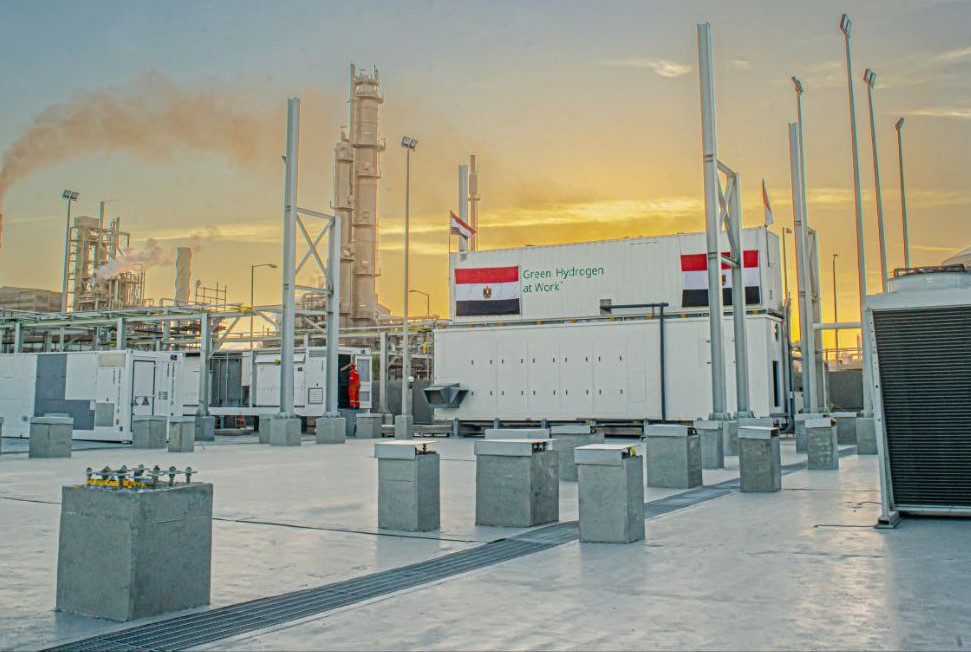
The Egyptian parliament has recently passed a bill that seeks to offer green hydrogen project developers a significant tax credit of 33-55 percent, along with a host of non-tax including VAT exemptions equipment, tools and other capital goods used for the development of the projects.
Considered as an important legislation to boost investments in the emerging hydrogen production ecosystem in the country, the subsidy bill was previously approved by the Egyptian cabinet in May and is now awaiting Presidential assent.
The country is anticipating a pipeline of green hydrogen and green ammonia project investments worth $83 billion from international developers, with over 20 MoU being worked out to make Egypt a hydrogen production hub in the MENA region.
As reported by Hydrogen Insight, the latest bill also exempts hydrogen projects from real estate tax, stamp tax, customs tax on imports (excluding passenger cars), and document and registration charges for contracts, credit facilities, mortgages, and land acquisition.
Saudi Arabia's Acwa Power, Egypt seal $4 billion green hydrogen deal -
VAT exemption for exports is applicable for hydrogen and its derivates like ammonia and methanol. Developers are assured a single-window approval for both import of capital goods and export of hydrogen and its derivatives without any need for registration or license from the government side.
Further, the bill provides for about 30 percent discount on user fees for ports, maritime transport and ship servicing, 25 percent discount on the value of industrial land rights for H2 projects, and a 20 percent waiver on the value of land rights for storage at ports, all applicable for up to ten years after signing agreements with the government.
To avail these incentives, project developers must secure 70 percent of the investment cost from financial institutions outside of Egypt and commence operations within five years of concluding the agreements. A 20 percent local content requirement is mandated, while the ratio of employing foreign workers in these hydrogen projects is capped at 30 percent of the total workforce.
To further incentivize hydrogen investment, the country's think-tank Information and Decision Support Center (IDSC) has also suggested carbon contracts and credits and direct procurement of hydrogen by the government.
MENA: Top 6 'high-potential' countries for low-carbon hydrogen -
